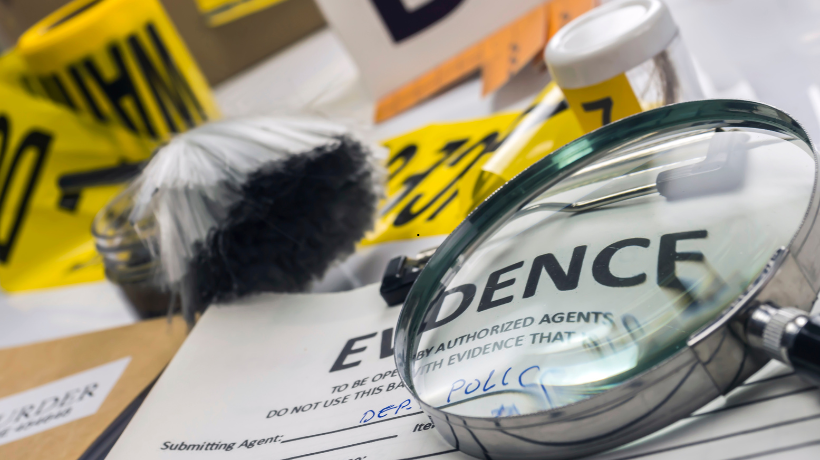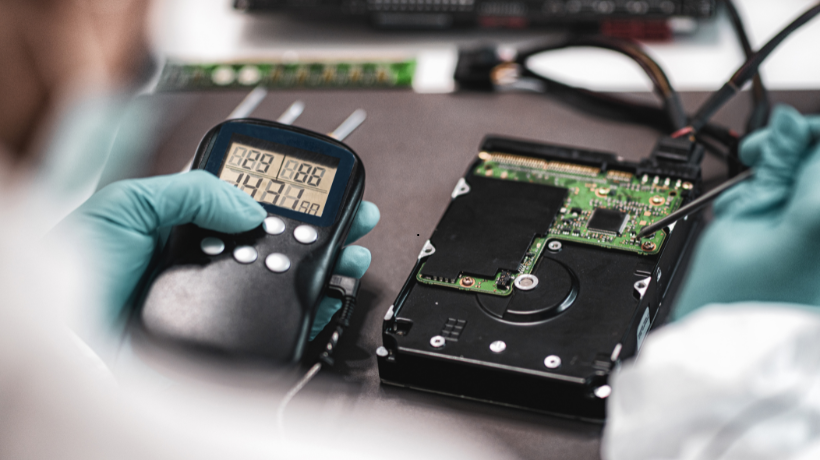Computer Forensics
Master Digital Evidence Collection and Analysis
3-Day Workshop for Building Skills in Computer Forensics
With cyber incidents on the rise, organisations must be prepared to investigate, analyse, and secure digital evidence effectively. The Computer Forensics Workshop empowers your team with essential skills for identifying, collecting, analysing, and preserving digital evidence that stands up in court or internal investigations.

What is Computer Forensics?
Computer forensics is the practice of gathering, preserving, and analysing digital data in a manner that maintains its integrity for investigative purposes. This workshop focuses on real-world forensics skills, ensuring your team can handle digital evidence responsibly and effectively during investigations or legal proceedings.
What You’ll Learn in This Workshop
Digital Evidence Collection Techniques
- Understand the fundamentals of evidence collection, including chain-of-custody protocols and methods for handling digital data that maintains its integrity. Your team will learn to identify evidence sources, select appropriate collection methods, and ensure all actions are defensible.
Data Preservation and Documentation
- Preserving digital evidence is critical for maintaining its credibility in court or for internal review. Participants will learn techniques for creating bit-by-bit copies of digital evidence, securing physical devices, and documenting every step of the investigation to maintain a clear chain of custody.
Forensic Analysis and Tools
- Discover how to apply forensic software and tools to uncover hidden, deleted, or encrypted data. This hands-on section covers practical techniques to analyse hard drives, mobile devices, and network logs. Learn about tools used by industry professionals to extract crucial information while maintaining data integrity.
Interpreting and Presenting Digital Findings
- Investigations are only as valuable as their outcomes. This module covers the best ways to interpret, document, and communicate forensic findings in a clear, actionable format. Participants will practise translating technical results into reports understandable to stakeholders, legal teams, and management.
Practical Scenarios and Case Studies
- Dive into real-world case studies that highlight critical decision points in a forensics investigation. This section features practical exercises, helping participants respond to simulated incidents, manage digital evidence, and troubleshoot challenges common in forensic investigations.

Why Enrol in the Computer Forensics Workshop?
- Real-World Application: The training is designed around practical skills and scenarios. Participants gain the ability to perform forensic analysis, identify key evidence, and ensure findings remain legally sound.
- Hands-On Learning: With labs, case studies, and hands-on exercises, this workshop ensures participants can practice and refine their forensics techniques in a supportive environment.
- Comprehensive Forensic Education: This workshop provides a well-rounded education, from understanding the fundamentals of digital forensics to learning advanced tools and methodologies.
Who Should Attend?
This workshop is perfect for IT security personnel, compliance officers, legal and risk management teams, or any team member tasked with responding to cyber incidents. Whether your team is establishing a new forensics capability or enhancing current skills, this course provides essential knowledge for secure and effective incident response.

Secure Your Organisation’s Future
In the face of increasing cyber threats, digital evidence can be the key to understanding, addressing, and preventing security incidents. The Computer Forensics Workshop is your chance to build a team skilled in forensic investigation, able to uncover the truth within digital systems. Don’t wait for an incident to train your team—sign up now to prepare for the future.
Terms and Conditions
- Duration: 3-Day Workshop
-
Delivery Method:
- Face-to-faceFace-to-face
- Virtual via Zoom
-
Number Participants:
- Minimum Number: 6 People
- Maximum Number: 20 people
- Cost: $1500 NZD/per person (If more than 10 price drops to $1300 NZD per person)
- Travel: Additional costs may apply for face-to-face workshops.
- TermsBooking and Cancellation Policy